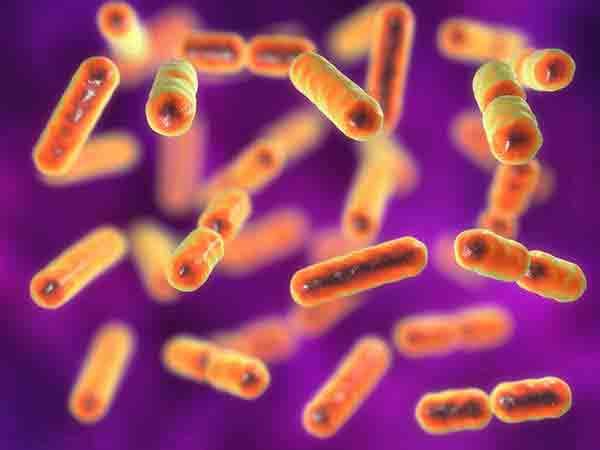Investigating the microbiome in relation to mental distress across two points during pregnancy: Data From U.S. and Swedish cohorts
This study by Kimmel et al. (2025) examined how the gut microbiome and its functional characteristics during pregnancy may be related to mental distress in two different populations. Pregnant individuals from the United States and Sweden provided fecal samples during their second and third trimesters and completed the Edinburgh Postnatal Depression Scale. Researchers analyzed 832 samples from Sweden and 161 from the U.S. using whole-genome metagenomics to explore microbial composition and function, focusing on modules relevant to the gut-brain connection. Although distress subtypes did not significantly explain variation in gut-brain module composition, one U.S. sample group with lower cortisol-degrading microbial activity had a higher likelihood of depression and also exhibited elevated cortisol levels following a postpartum stress test. These results suggest that gut microbiome function may be linked to mental health during pregnancy, but further research is needed to determine whether gut microbes could serve as biomarkers of mental health across different populations. [NPID: Cortisol, mental distress, microbiome, pregnancy, short-chain fatty acids]
Year: 2025
 Navigation
Navigation









